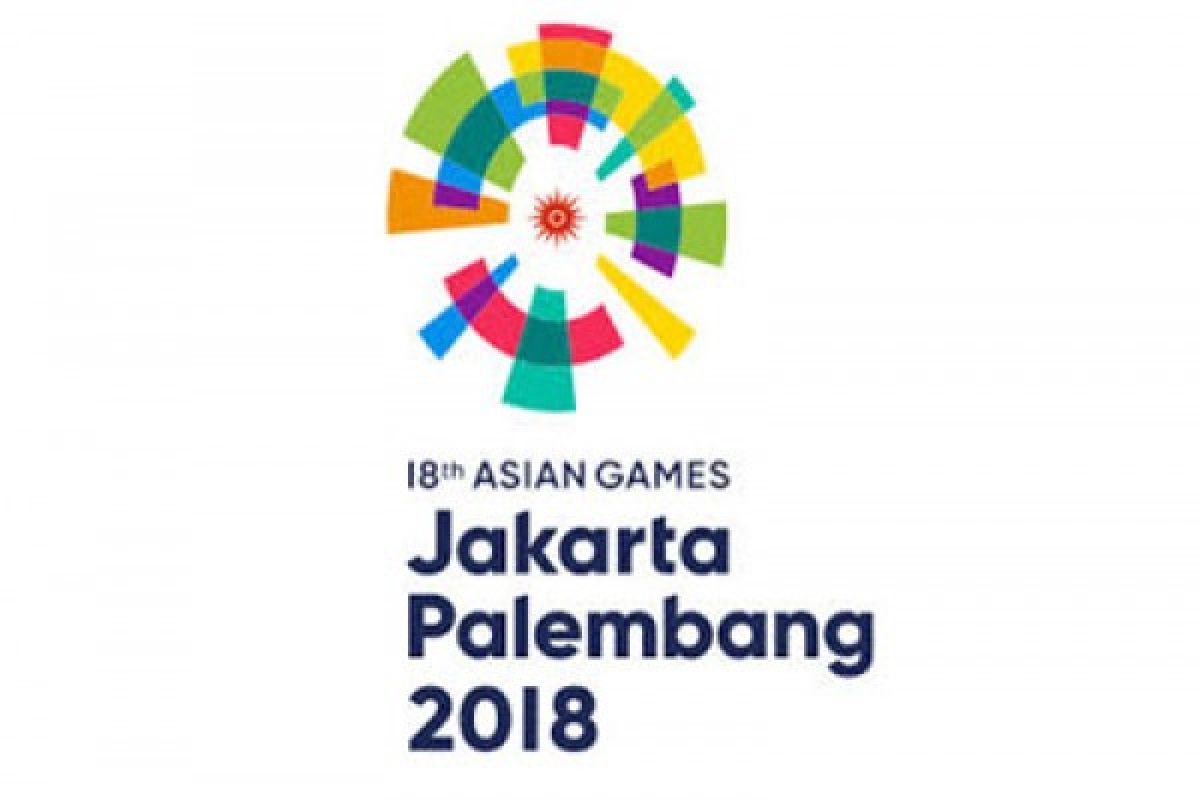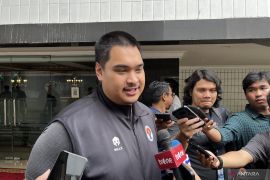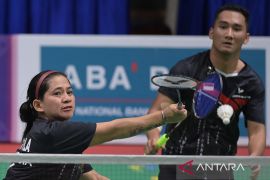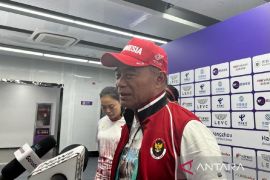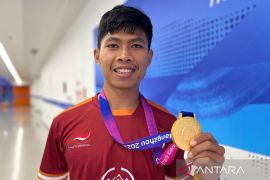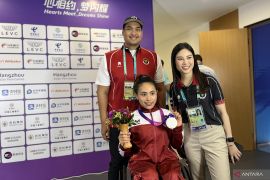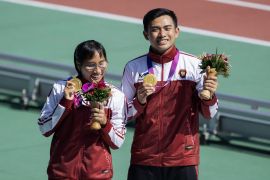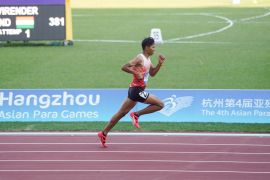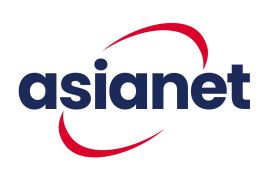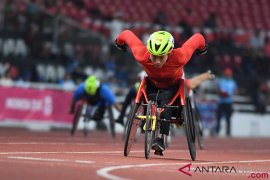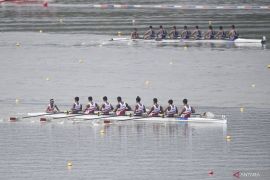The organizers in charge of managing the sporting event will implement a stringent accreditation process for a large number of athletes, coaches, officials, journalists, and state officials.
In order to issue the accreditation, the Indonesia Asian Games 2018 Organizing Committee (INASGOC) will involve eight state institutions to help sort out applications for accreditation and participation in the Asian sporting event to take place in the two cities of Jakarta and Palembang, South Sumatra, from August 18 to September 2, 2018.
"The INAGOC has no right to approve or disapprove the request for accreditation of a would-be participant. If one of the eight institutions says no, then the application will be rejected," Tito Loho, a member of the Accreditation Board of the INASGOC, stated at a press conference on Wednesday (Nov 15).
State institutions involved in the Asian Games 2018 accreditation assessment along with the INASGOC include the State Intelligence Agency, National Narcotics Agency, Interpol, Directorate General of Immigration of the Ministry of Law and Human Rights, and Directorate General of the Population and Civil Registration Agency.
Apart from the five state institutions, the INASGOC is also cooperating with three divisions of the National Police (Polri): the Center for Indonesian Automatic Fingerprint Identification System, Special Police Detachment 88 of Polri, and Polri`s Security Intelligence Agency.
"The eight state institutions are involved in helping to ensure the smooth implementation of the 18th Asian Games 2018. We will ensure that everyone taking part in the event will have access to the location or venue based on his or her function and task," Loho said.
The INASGOC will start applying the accreditation system for the Asian Games 2018 athletes, starting November 30, 2017. The committee is also making preparations for a test event in February 2018.
"We will launch an official Asian Games 2018 website for all parties taking part in the trial/test sporting event. Those who have registered on our website will be scrutinized by the eight state agencies," Loho explained.
Although it opens the accreditation for all parties, the INASGOC will not decide a quota for the participants, such as a quota for athletes, officials, journalists, and others of each participating country.
The quota will be decided by the Olympic Committee in their respective countries. Thus, Loho expects that all parties uploading their accreditation data will ensure that the data matches their official identities. This holds significance to ensure that they will not fail in securing the accreditation.
Parties who have obtained the Asian Games accreditation from the INASGOC should validate their data with the accreditation centers spread across the various sports venues, airports, and hotels or in the Asian Games secretariat.
"We will open accreditation centers, such as in airports, athlete houses, official Asian Games hotels, media centers, and the official Asian Games broadcast stations," he remarked.
Besides conducting the accreditation process, the organizers will also conduct doping tests on the athletes` urine or blood samples.
To this end, Indonesia has assigned Doha`s laboratory of Qatar to conduct tests on samples.
"Test price, process at the custom and excise office, and flight schedules for sending the urine for sampling were our key considerations why we selected the laboratory in Doha for doping tests," Lie Wiena Octaria, a member of the Health and Doping Control of the INASGOC, remarked in a press conference on Wednesday.
According to Octaria, INASGOC had initially considered laboratories in five countries: Japan, South Korea, Thailand, India, and Qatar.
"We shortlisted three laboratories before deciding in favor of Doha," she noted.
However, Indonesia has to report to the Olympic Committee of Asia (OCA) regarding the proposal to use the Doha laboratory for conducting the doping tests of the Asian Games athletes.
"We will establish cooperation with the Doha side if the OCA approves it. The rules of OCA with regard to the use of laboratory for doping tests are not related to the price but to the sample quota," Octaria clarified.
However, Octaria was reluctant to disclose the amount of samples that INASGOC has to take in organizing the 18th Asian Games 2018 following the strict regulations of OCA in controlling the use of banned substances by athletes.
"We even do not know the amount of random samples that should be taken, apart from the samples of medal winning athletes. Of course, the athletes of all sports branches will have to undergo doping tests," she stressed.
In fact, the INASGOC was contemplating on using a laboratory in India for conducting the doping sample tests during the 18 Asian Games 2018.
"We considered the Indian laboratory as it matched the budget. Laboratories in South Korea, Japan, Thailand, or Australia are very strict on payment rules," INASGOD Director for Health and Doping Control Department Leane Suniar Manurung stated.
The laboratory to be used by INASGOC has met the accreditation requirements of the OCA Anti-Doping Commission. It handles some three thousand samples every year.
"Laboratories in Indonesia will not be able to handle such a large number of samples," Manurung noted.
However, the laboratory in India only tests urine samples of the athletes and does not conduct tests on blood samples.
(A014/INE)
EDITED BY INE
(T.A014/A/KR-BSR/F001)
Reporter: Andi Abdussalam
Editor: Aditia Maruli Radja
Copyright © ANTARA 2017
